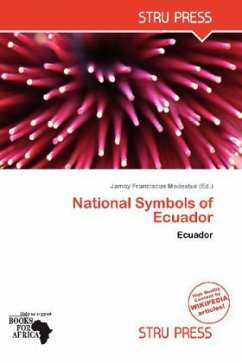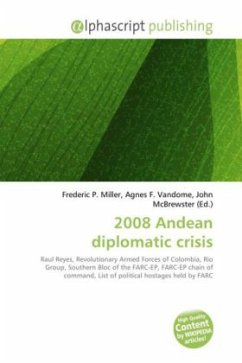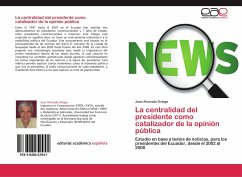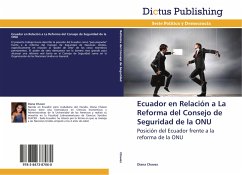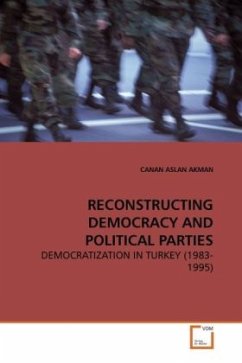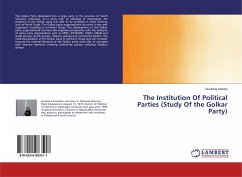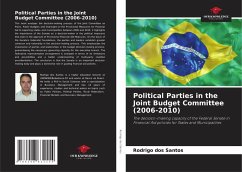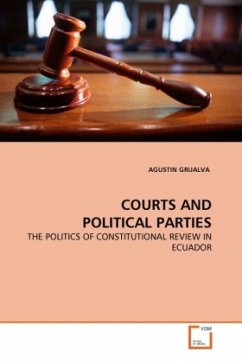
COURTS AND POLITICAL PARTIES
THE POLITICS OF CONSTITUTIONAL REVIEW IN ECUADOR
Versandkostenfrei!
Versandfertig in 6-10 Tagen
39,99 €
inkl. MwSt.

PAYBACK Punkte
20 °P sammeln!
How does the relationship between political parties and constitutional justices affect judicial independence? The separation of powers theory asserts that the ruling party has less influence on judges under divided government (when the President does not have a majority in congress) and consequently has no impeachment or other court-curbing powers. This book shows that political parties can exert strong leverage on justices, even under divided government, if opposition parties can form a legislative coalition to control the reappointment of these justices. It contends that judicial independenc...
How does the relationship between political parties and constitutional justices affect judicial independence? The separation of powers theory asserts that the ruling party has less influence on judges under divided government (when the President does not have a majority in congress) and consequently has no impeachment or other court-curbing powers. This book shows that political parties can exert strong leverage on justices, even under divided government, if opposition parties can form a legislative coalition to control the reappointment of these justices. It contends that judicial independence is constrained when justices have short terms and are re-appointed by congress, irrespective of whether the government is divided or unified. Using Ecuador as a case study the book challenges these standard assumptions in judicial politics. The study provides key information and new perspectives for students of comparative judicial politics, Latin American Politics and Latin American Law.



